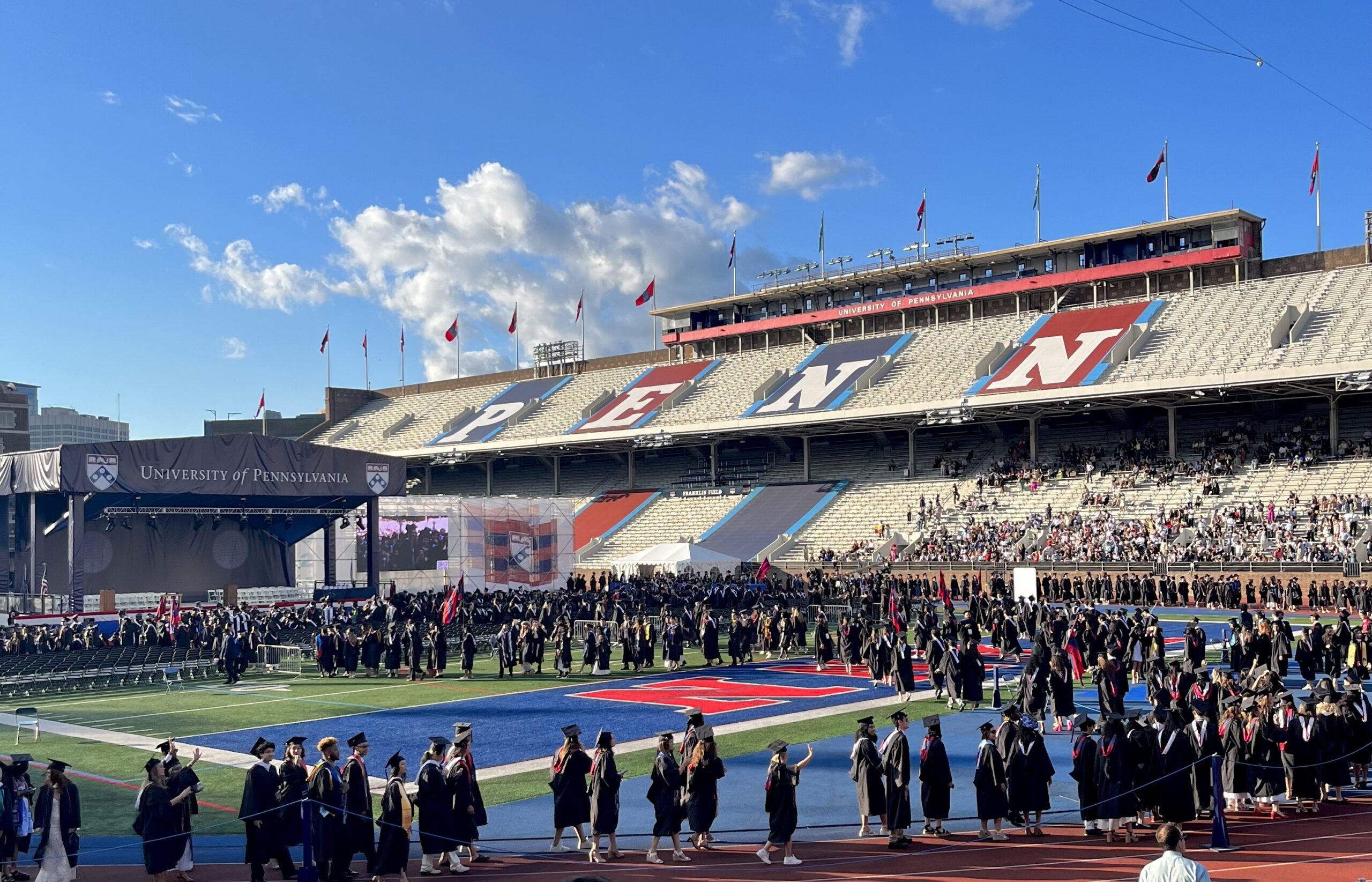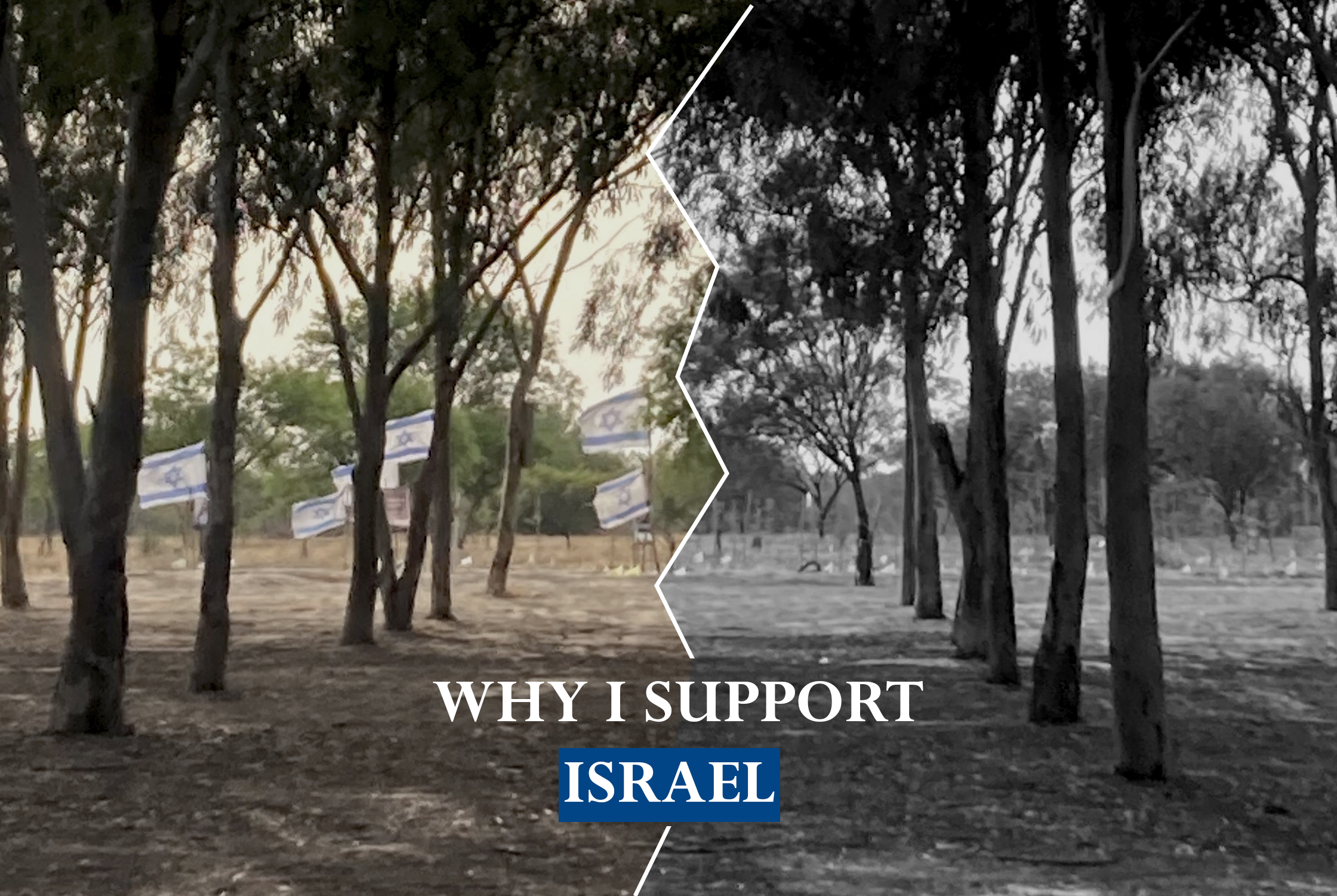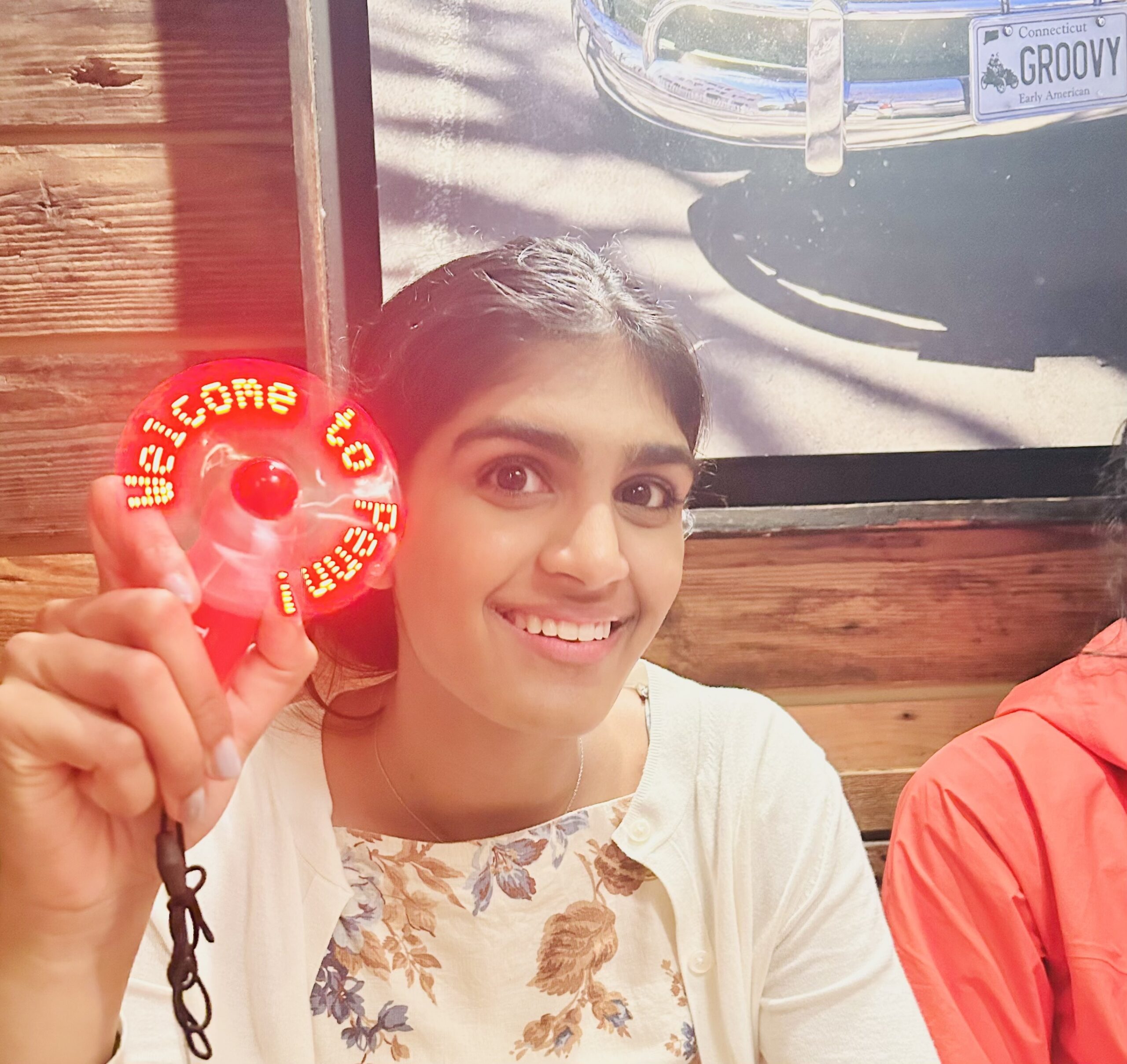Class of 2024 University of Pennsylvania Commencement at Franklin Field. / Photo credit: Lexi Boccuzzi
On the Record | Parting words for the Penn Class of 2024
By Lexi Boccuzzi
Read on for the speech Lexi Boccuzzi submitted when she applied to be selected as the College of Arts and Sciences graduation student speaker.
What does it mean to receive a “liberal education?” According to our soon-to-be alma mater, the University of Pennsylvania’s College of Arts and Sciences, it means “nurturing honest, eager, and critical minds” through exposure to our school’s “diverse and interdisciplinary tradition.”
From my very first visit to Penn as a prospective student, this is a mission I wholeheartedly embraced. I yearned to be a part of the bustling pre-professional community that simultaneously valued the Renaissance ideal so deeply that they admitted applicants who were fluent in three languages, were skilled saxophonists and had a killer speech and debate record. It made my Penn acceptance letter easy to sign and has remained the common theme of the last four years.
To me, a “liberal education” has always meant taking efforts to expand my horizons. It’s why amidst those dreaded COVID-19 lockdowns, I applied to participate in the Ben Franklin Scholars program where I befriended a proud Marxist and fasted for a Religious Studies class; two things I could have never imagined doing the summer before. I often left class, or the Hill College House Club Lounge extremely frustrated; but what else was college for if not for challenging your perspectives?
I quickly learned, however, that not everyone always embraced this conception of a “liberal education.” Many of my peers found solace in friends with shared values or in classes where their professors agreed with them. My background left me with a very different Penn experience, one where my comments in class or columns in The Daily Pennsylvanian were often met with pushback.
While the instinctual response to hostility may be to stop speaking or even more dangerously, advocate for those who disagree with you to be silenced, it was in my early American history courses with one of my most beloved professors that I was reminded how fundamental open expression is to both education and citizenship.
Ben Franklin, Penn’s founder and unofficial mascot, once said “Whoever would overthrow the liberty of a nation must begin by subduing the freeness of speech.”
I think his words do not only apply to the tyrannical monarchy described in Hamilton, the musical, but also to our minds, our communities, and our Universities. Censorship, whether self or institutionally imposed, is the antithesis of a “liberal education.” Self-segregating, judging our peers, and disengaging from our classes is surely no way to cultivate “honest, eager, and critical minds” or engage with a “diverse and interdisciplinary tradition.”
I once again took this definition of “liberal education” to heart, joining the University Committee on Open Expression and continuing to, maybe too unapologetically, speak my mind and encourage others to do the same. More importantly, though, I built relationships. I regularly attended office hours with professors across departments, made friends with brilliant future nurses, engineers, and financiers, and generally listened a lot. So much so, that a few direct quotes made it into my columns—on and off the record.
Famous Penn graduate, public intellectual, and fierce advocate of liberal education, Noam Chomsky, is quoted in defense of open expression, “If you’re in favor of freedom of speech, that means you’re in favor of freedom of speech precisely for views you despise.”
Over the last few months, each and every one of us in the Penn community has been tested on this very principle. What does it mean to live and study and pursue truth among those with whom you fiercely disagree? According to Noam Chomsky, it means defending their ability to debate their ideas in the public square, and for what it’s worth, I agree.
The real ask of a “liberal education,” however, is a much higher calling than merely tolerance. It is empathy, open-mindedness, and humility; all skills that I know each and every one of us has learned in and out of the classroom over the last four years. This audience is filled with the best and the brightest, many of whom I am so proud to call my friends, inspirations, and mentors. As we all journey off to become doctors, activists, writers, musicians, lawyers, management consultants, or investment bankers, don’t forget what the Social Ivy has taught you, that having an “honest, eager, and critical mind” starts and ends with listening to and learning from your peers.
Lexi Boccuzzi is a senior in the College Class of 2024 studying Philosophy, Politics, and Economics from Stamford, CT. Lexi is also the Editor-in-Chief of The Pennsylvania Post. Her email is abb628@sas.upenn.edu.




